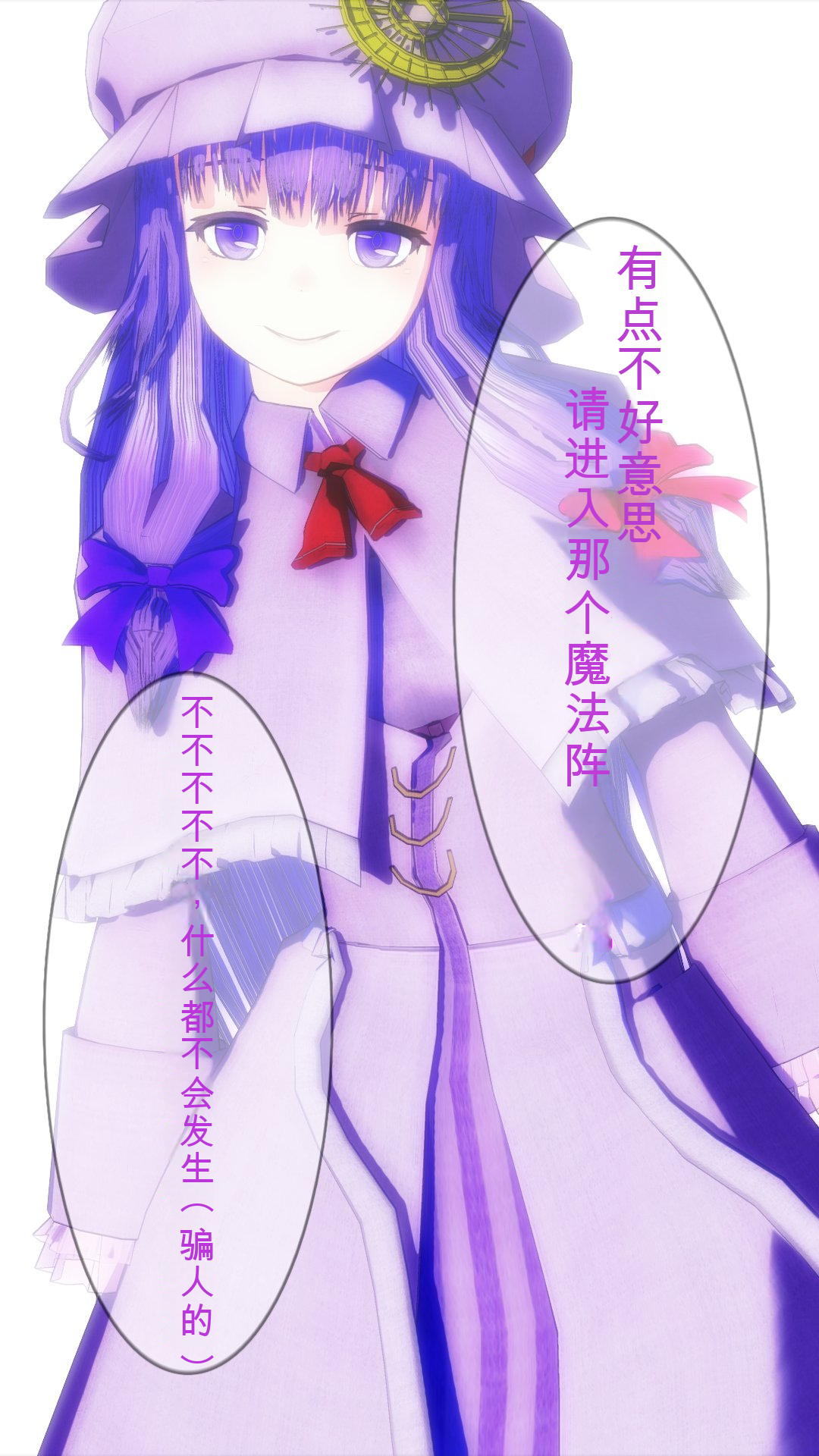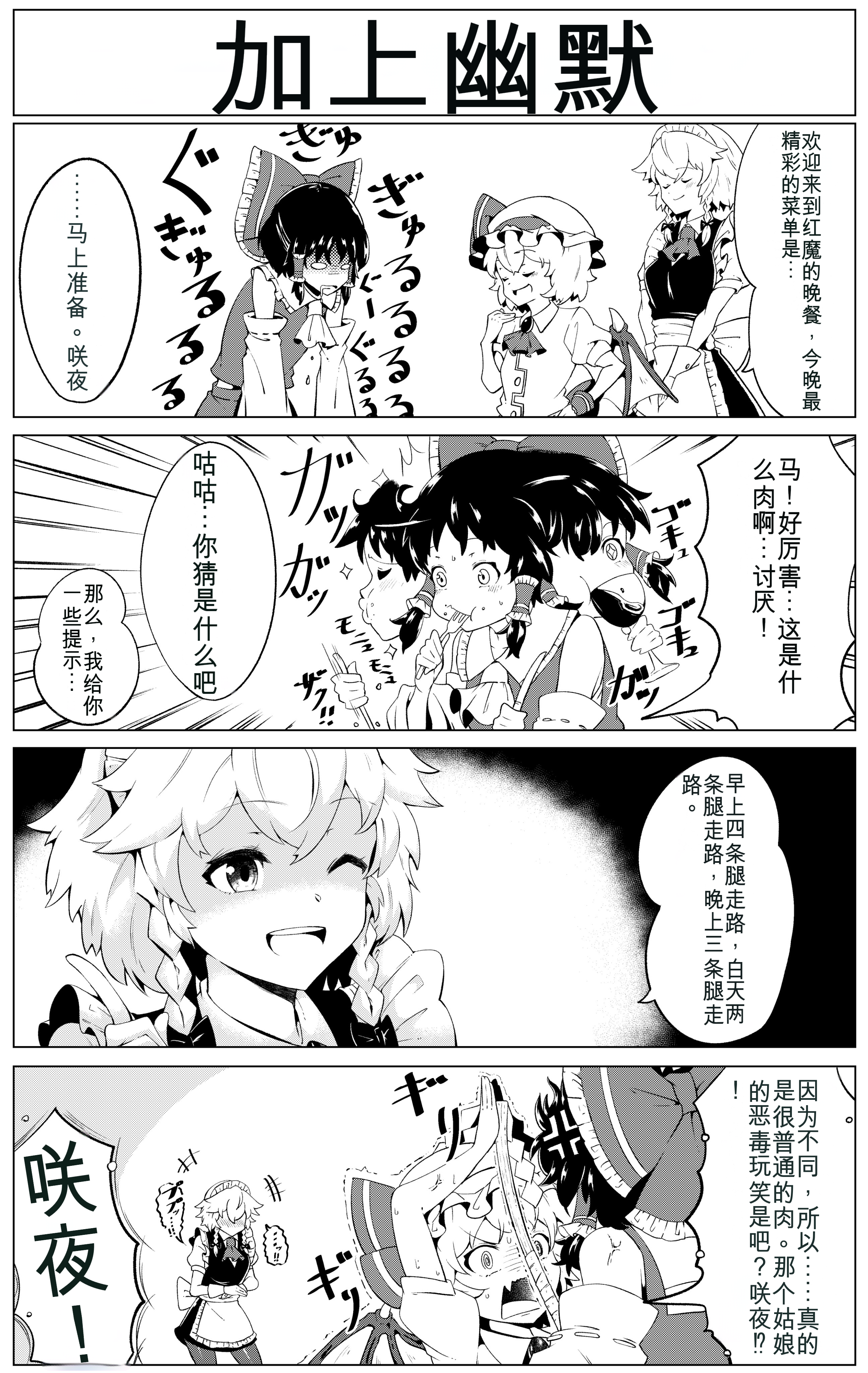Translate texts in manga/images.
中文说明 | Change Log
Join us on discord https://discord.gg/Ak8APNy4vb
Some manga/images will never be translated, therefore this project is born.
Primarily designed for translating Japanese text, but also support Chinese, English and Korean.
Support inpainting and text rendering.
Successor to https://github.com/PatchyVideo/MMDOCR-HighPerformance
This is a hobby project, you are welcome to contribute!
Currently this only a simple demo, many imperfections exist, we need your support to make this project better!
GPU server is not cheap, please consider to donate to us.
- Ko-fi: https://ko-fi.com/voilelabs
- Patreon: https://www.patreon.com/voilelabs
- 爱发电: https://afdian.net/@voilelabs
Official Demo (by zyddnys): https://touhou.ai/imgtrans/
Browser Userscript (by QiroNT): https://greasyfork.org/scripts/437569
- Note this may not work sometimes due to stupid google gcp kept restarting my instance. In that case you can wait for me to restart the service, which may take up to 24 hrs.
- Note this online demo is using the current main branch version.
# First, you need to have Python(>=3.8) installed on your system.
$ python --version
Python 3.8.13
# Clone this repo
$ git clone https://github.com/zyddnys/manga-image-translator.git
# Install the dependencies
$ pip install -r requirements.txtHowever, pydensecrf isn't listed as a dependency, so you need to install it manually.
On Windows you can download the pre-compiled wheels from https://www.lfd.uci.edu/~gohlke/pythonlibs/#_pydensecrf
according to your python version and install it with pip.
On other platforms, you should be able to install it via pip install git+https://github.com/lucasb-eyer/pydensecrf.git.
Then, download ocr.ckpt, ocr-ctc.ckpt, detect.ckpt, comictextdetector.pt, comictextdetector.pt.onnx and inpainting_lama_mpe.ckpt
from https://github.com/zyddnys/manga-image-translator/releases/, put them in the root directory of this repo.
[Optional if using Google translate]
Apply for Youdao or DeepL translate API, put your APP_KEY and APP_SECRET or AUTH_KEY in translators/key.py or export them as environment variables as detailed in the key.py file.
| Name | API Key | Offline | Docker | Note |
|---|---|---|---|---|
| ✔️ | ||||
| youdao | ✔️ | ✔️ | ||
| baidu | ✔️ | ✔️ | ||
| deepl | ✔️ | ✔️ | ||
| papago | ✔️ | |||
| offline | ✔️ | ✔️ | Chooses most suitable offline translator for language | |
| offline_big | ✔️ | |||
| nllb | ✔️ | ✔️ | ||
| nllb_big | ✔️ | |||
| sugoi | ✔️ | ✔️ | ||
| sugoi_small | ✔️ | |||
| sugoi_big | ✔️ | |||
| none | ✔️ | ✔️ | Translate to empty texts | |
| original | ✔️ | ✔️ | Keep original texts |
- API Key: Whether the translator requires an API key.
- Offline: Whether the translator can be used offline.
- Docker: Whether the translator is available in the docker image.
Used by the --target-lang argument.
CHS: Chinese (Simplified)
CHT: Chinese (Traditional)
CSY: Czech
NLD: Dutch
ENG: English
FRA: French
DEU: German
HUN: Hungarian
ITA: Italian
JPN: Japanese
KOR: Korean
PLK: Polish
PTB: Portuguese (Brazil)
ROM: Romanian
RUS: Russian
ESP: Spanish
TRK: Turkish
UKR: Ukrainian
VIN: Vietnames# `--use-cuda` is optional, if you have a compatible NVIDIA GPU, you can use it.
# use `--use-cuda-limited` to defer vram expensive language translations to the cpu
# use `--inpainter=none` to disable inpainting.
# use `--translator=<translator>` to specify a translator.
# use `--translator=none` if you only want to use inpainting (blank bubbles)
# use `--target-lang=<languge_code>` to specify a target language.
# replace <path_to_image_file> with the path to the image file.
$ python translate_demo.py --verbose --use-cuda --translator=google --target-lang=ENG --image <path_to_image_file>
# result can be found in `result/`.# same options as above.
# use `--mode batch` to enable batch translation.
# replace <path_to_image_folder> with the path to the image folder.
$ python translate_demo.py --verbose --mode batch --use-cuda --translator=google --target-lang=ENG --image <path_to_image_folder>
# results can be found in `<path_to_image_folder>-translated/`.# same options as above.
# use `--mode web` to start a web server.
$ python translate_demo.py --verbose --mode web --use-cuda
# the demo will be serving on http://127.0.0.1:5003>Two modes of translation service are provided by the demo: synchronous mode and asynchronous mode.
In synchronous mode your HTTP POST request will finish once the translation task is finished.
In asynchronous mode your HTTP POST request will respond with a task_id immediately, you can use this task_id to poll for translation task state.
- POST a form request with form data
file:<content-of-image>to http://127.0.0.1:5003/run - Wait for response
- Use the resultant
task_idto find translation result inresult/directory, e.g. using Nginx to exposeresult/
- POST a form request with form data
file:<content-of-image>to http://127.0.0.1:5003/submit - Acquire translation
task_id - Poll for translation task state by posting JSON
{"taskid": <task-id>}to http://127.0.0.1:5003/task-state - Translation is finished when the resultant state is either
finished,errororerror-lang - Find translation result in
result/directory, e.g. using Nginx to exposeresult/
Manual translation replace machine translation with human translators. Basic manual translation demo can be found at http://127.0.0.1:5003/manual
POST a form request with form data file:<content-of-image> to http://127.0.0.1:5003/manual-translate
and wait for response.
You will obtain a JSON response like this:
{
"task_id": "12c779c9431f954971cae720eb104499",
"status": "pending",
"trans_result": [
{
"s": "☆上司来ちゃった……",
"t": ""
}
]
}Fill in translated texts:
{
"task_id": "12c779c9431f954971cae720eb104499",
"status": "pending",
"trans_result": [
{
"s": "☆上司来ちゃった……",
"t": "☆Boss is here..."
}
]
}Post translated JSON to http://127.0.0.1:5003/post-translation-result and wait for response.
Then you can find the translation result in result/ directory, e.g. using Nginx to expose result/.
Requirements:
- Docker (version 19.03+ required for CUDA / GPU accelaration)
- Docker Compose (Optional if you want to use files in the
demo/docfolder) - Nvidia Container Runtime (Optional if you want to use CUDA)
This project has docker support under zyddnys/manga-image-translator image.
This docker image contains all required dependencies / models for the project.
It should be noted that this image is fairly large (~ 5GB).
The web server can be hosted using (For CPU)
docker run -p 5003:5003 -v result:/app/result --ipc=host --rm zyddnys/manga-image-translator --target-lang=ENG --manga2eng --verbose --log-web --mode web --host=0.0.0.0 --port=5003or
docker-compose -f demo/doc/docker-compose-web-with-cpu.yml updepending on which you prefer. The web server should start on port 5003 and images should become in the /result folder.
To use docker with the CLI (I.e in batch mode)
docker run -v <targetFolder>:/app/<targetFolder> -v <targetFolder>-translated:/app/<targetFolder>-translated --ipc=host --rm zyddnys/manga-image-translator --mode=batch --image=/app/<targetFolder> <cli flags>Note: In the event you need to reference files on your host machine
you will need to mount the associated files as volumes into the /app folder inside the container.
Paths for the CLI will need to be the internal docker path /app/... instead of the paths on your host machine
Some translation services require API keys to function to set these pass them as env vars into the docker container. For example:
docker run --env="DEEPL_AUTH_KEY=xxx" --ipc=host --rm zyddnys/manga-image-translator <cli flags>To use with a supported GPU please first read the initial
Dockersection. There are some special dependencies you will need to use
To run the container with the following flags set:
docker run ... --gpus=all ... zyddnys/manga-image-translator ... --use-cudaOr (For the web server + GPU)
docker-compose -f demo/doc/docker-compose-web-with-gpu.yml upWhen using offline translation the model is downloaded at runtime into a cache within the container.
This cache can be cleared when re-creating the container.
In order to avoid this you can create a docker volume and mount it under /root/.cache/huggingface/.
To build the docker image locally you can run (You will require make on your machine)
make build-imageThen to test the built image run
make run-web-serverA list of what needs to be done next, you're welcome to contribute.
- Use diffusion model based inpainting to achieve near perfect result, but this could be much slower.
IMPORTANT!!!HELP NEEDED!!! The current text rendering engine is barely usable, we need your help to improve text rendering!- Text rendering area is determined by detected text lines, not speech bubbles.
This works for images without speech bubbles, but making it impossible to decide where to put translated English text. I have no idea how to solve this. - Ryota et al. proposed using multimodal machine translation, maybe we can add ViT features for building custom NMT models.
- Make this project works for video(rewrite code in C++ and use GPU/other hardware NN accelerator).
Used for detecting hard subtitles in videos, generting ass file and remove them completetly. Mask refinement based using non deep learning algorithms, I am currently testing out CRF based algorithm.Angled text region merge is not currently supported
The following samples are from the original version, they do not represent the current main branch version.
| Original | Translated |
|---|---|
 |
 |
 |
 |
 |
 |
 |
 |




